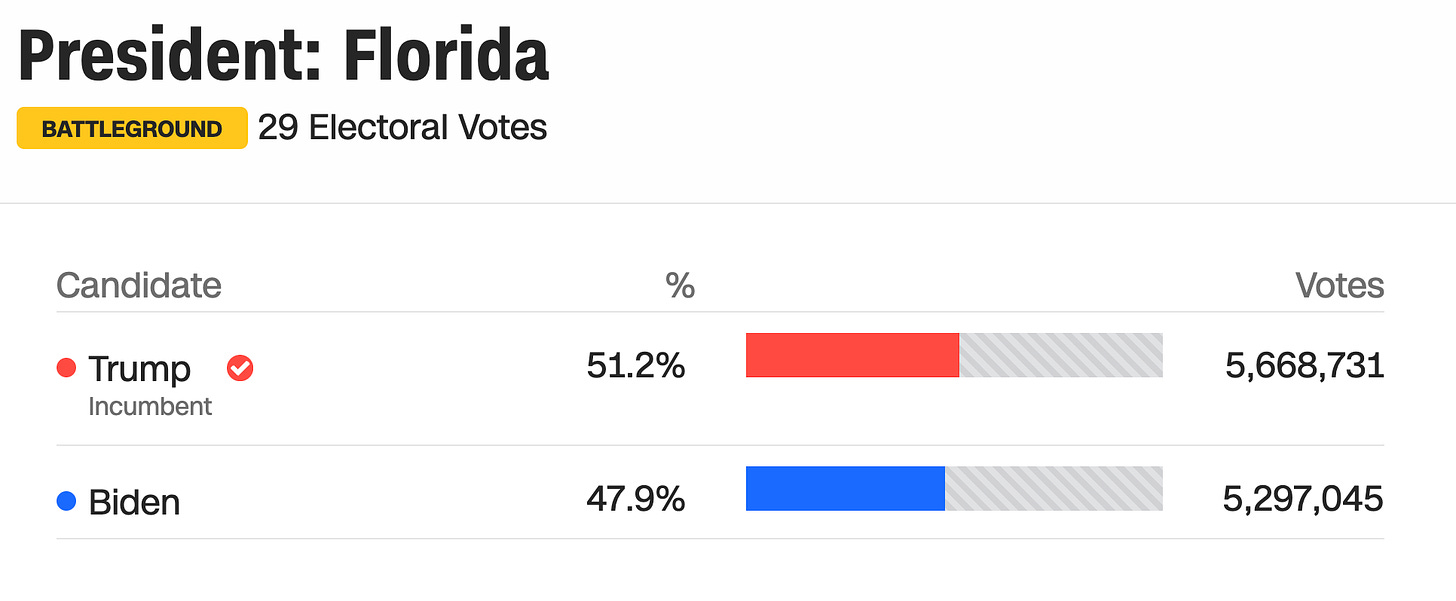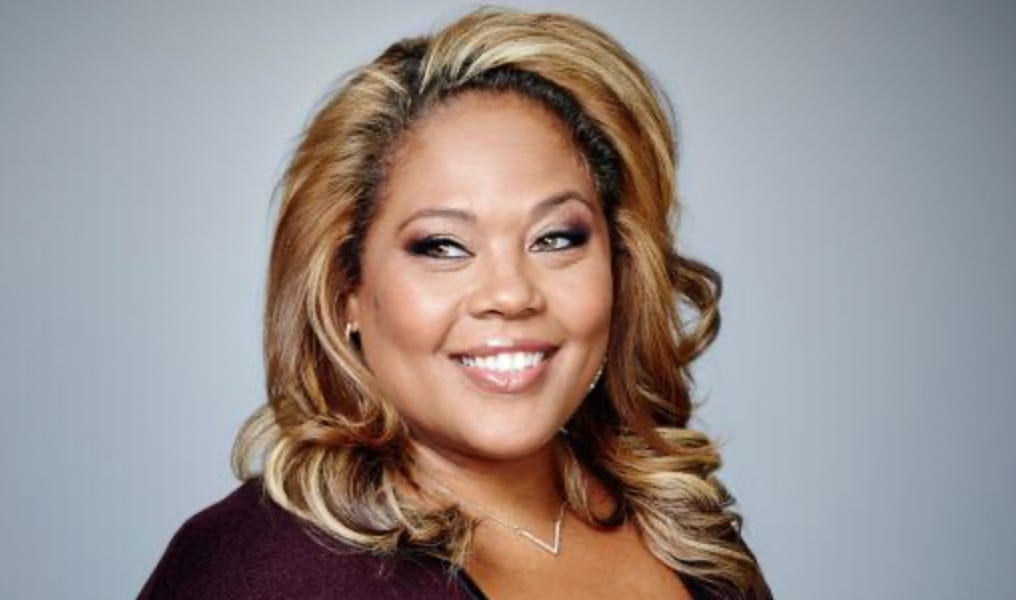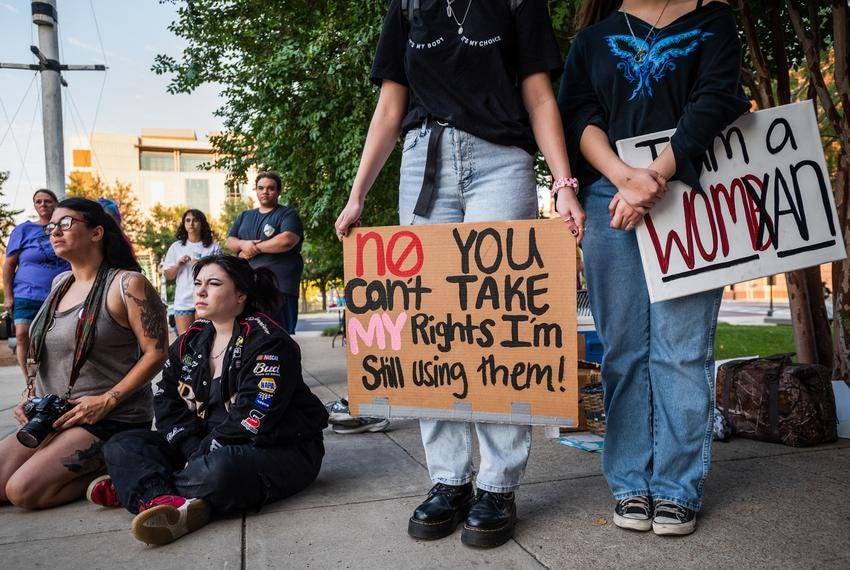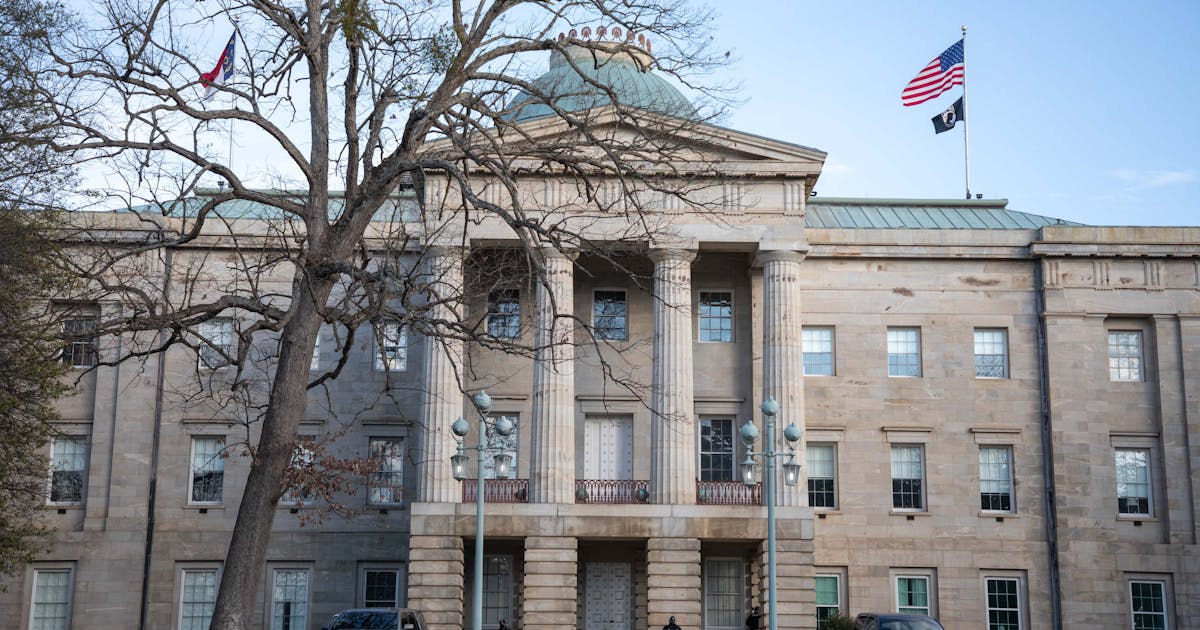One of the principles of our legal system is having clear laws so people understand their rights and responsibilities and have notice of their obligations and the consequences of violating them. The violation of that principle is what makes recent developments with abortion so sinister. We now live in a world where some states have outright or close to outright bans on abortion, and the extent of any exceptions is so unclear that using them is all but foreclosed.
That’s what happened to Brittany Watts in Ohio, who was pregnant when her water broke at 21 weeks. Her doctor sent her to the hospital to get an abortion, telling her she needed one to avoid maternal death, sepsis, or other serious complications. But because the fetus still had a heartbeat, she couldn’t get the procedure. She ended up passing the fetus, alone and at home. Prosecutors have asked a grand jury to charge her with abuse of a corpse.
Here’s the kicker. During her first visit to the hospital, Watts waited for eight hours while a hospital ethics panel met to determine whether it could end her pregnancy without legal ramifications for the hospital and the medical personnel involved. That’s the cost of the uncertainty created by poorly written laws designed to make abortion as inaccessible as possible. If the health of the predominately white, conservative male politicians who have put these laws in place was at stake, we know this would look completely different. It’s madness.
Women are now stockpiling mifepristone and misoprostol, the two drugs used for medication abortion. The Supreme Court has agreed to hear the Fifth Circuit case that made them less accessible. With a decision due by the end of this term of Court, women are concerned about access to this most common and extremely safe form of abortion.
Last December, the Fifth Circuit, which covers Texas, Louisiana, and Mississippi, sided with Texas, which challenged
federal guidance that required hospital emergency rooms to perform emergency abortions.

The Fifth Circuit Panel that decided Texas hospital emergency rooms did not have to provide abortions necessary to stabilize a patient’s condition
A similar case in Idaho resulted in a different ruling in the lower court when a federal district judge stayed that state’s near-total abortion ban in medical emergency situations while the case proceeded. The state asked the Justices to hear the case—which they have now agreed to do—lifting the stay, which means that it’s all but impossible to get an emergency abortion in Idaho. The Court has the opportunity to clarify exceptions to these draconian provisions in this case, but as in the Texas SB8 case that was a precursor to the
Dobbsdecision that overruled
Roe v. Wade, permitting the law to remain in place while the litigation is ongoing doesn’t seem to signal that the Court is going to side with women here.
These laws are harming real people. It’s no longer enough for a woman to experience the loss of a desired pregnancy. Now women are being forced to endure trauma in the eye of the public, knowing that their health or their future fertility is not theirs to determine.
In Florida, there is an interesting development. Floridians who are trying to get a constitutional amendment on the ballot in 2024 that would end Florida’s restrictive laws have amassed the number of petition signatures that they need. They are currently at 911,169 signatures and need only 891,523. But Florida Attorney General Ashley Moody wants Florida’s Supreme Court to keep the measure off the ballot—she says its language could mislead voters. The amendment would end the Florida’s current 15-week ban and keep a Republican-proposed six-week ban from going into effect.
Expect Florida Republicans to fight hard to keep the measure off the 2024 ballot, where it could be a driver to turnout Democratic voters and other key demographics that Republicans are eager to suppress in a presidential election year. Florida wasn’t exactly close in 2020, but they won’t want to take any chances.

Source:
https://www.cnn.com/election/2020/results/state/florida/president
If it can happen in Florida, it can happen anywhere! As restrictive measures are imposed against the will of the voters, voters can assert their power using measures to amend laws and add constitutional protections for abortion. Just last month, voters in Ohio did that, passing a measure that would have protected Brittany Watts had it already been in place. No better reason for younger voters to get involved in the process. We are not powerless. In
Dobbs, the Supreme Court left abortion up to each state to decide. It’s time for us to make sure our states don’t risk women’s lives in a haze of vague laws that make hospitals and doctors afraid to take steps to save them.
One of the principles of our legal system is having clear laws so people understand their rights and responsibilities and have notice of their obligations and the consequences of violating them. The violation of that principle is what makes recent developments with abortion so sinister. We now...

joycevance.substack.com







:focal(0x0:6048x4024)/static.texastribune.org/media/files/20cc12288fbab53d9afba1cd119b3fe5/0301%20Governors%20Cup%20LS%2011.jpg)

